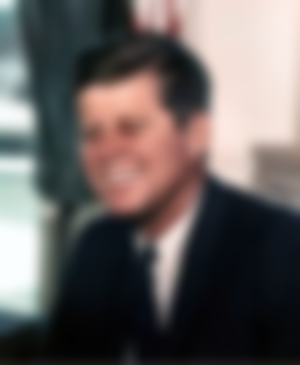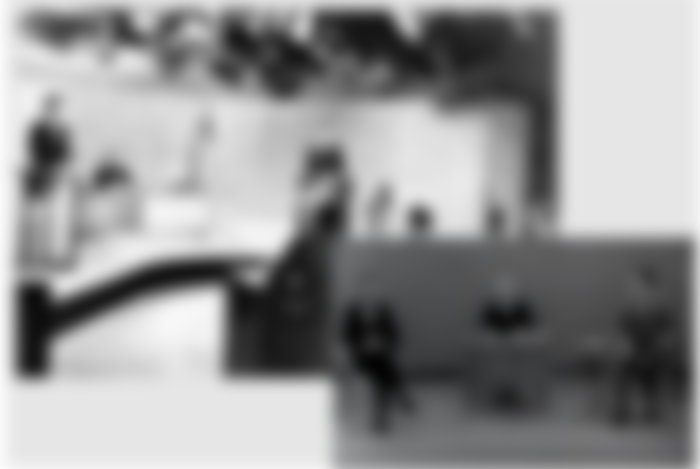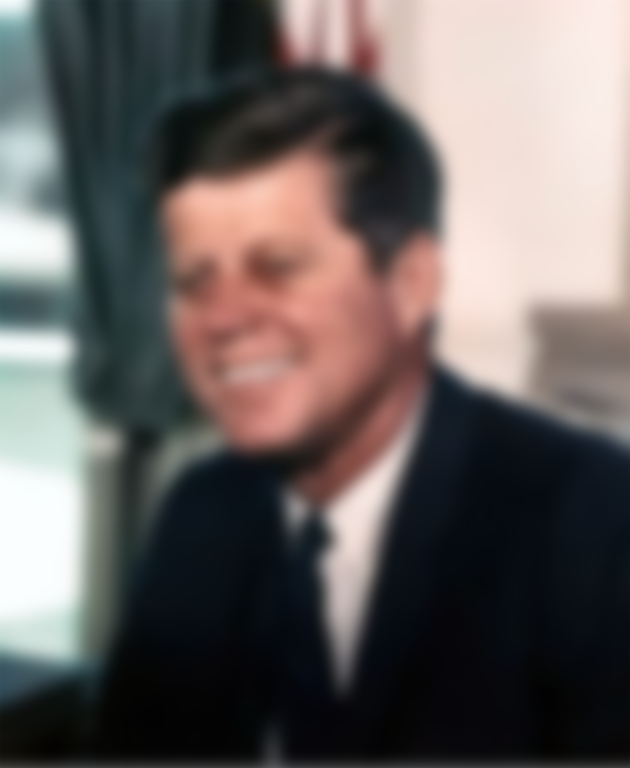Forget the tricks that the government and the opposition are doing to each other today! Their staffs may think they know everything about political marketing and campaigning, but what John F. Kennedy did to Richard Nixon during the first presidential debate broadcast on television is worse than anything they have ever thought of!
It was September 1960 - television has already penetrated enough into the homes of Americans for officials to realize that, in addition to audio broadcasts of political debates, they can now give them something more - the opportunity to actually see US presidential candidates on small screens!

And so, on September 26, 1960, in the CBS studio in Chicago, the first presidential debate was broadcast on television. On one side was John F. Kennedy, a young and charming senator from Massachusetts who was all predicted to have a brilliant career that would surely take him to the White House Oval Office. However, on that path, the main obstacle for him was the man who stood across from him in the debate - Richard Nixon, an experienced politician and, at that time, vice president of the United States for eight years.
Analysts said that it was the most uncertain presidential race and that the candidates were literally "breathing down each other's necks". And then the first presidential debate took place and marked a historic turning point.
Kennedy's "trap" for Nixon

John F. Kennedy and his staff approached the preparations for the debate much more seriously than Nixon and his team. The young politician knew (or sensed) the power of television and that is why he came rested, well-dressed and with the smile of a Hollywood actor. It was Monday, and Kennedy spent the entire weekend with the team at the hotel, resting and rehearsing. For Nixon on the other hand, it was just another “working day” in an otherwise strenuous campaign. He arrived directly from a political gathering, dark, tired and insufficiently recovered from the flu that had nailed him to his bed for the past few months. He was thin, drunk, and looked like a tired and worn-out old man. However, Kennedy's team did not focus only on the physical superiority of their candidate over Nixon. That is why they prepared some additional "traps" for the older politician. Just before the debate, Nixon hit his knee and thus renewed some old injury, which made him visibly limp. Kennedy's election headquarters demanded that both candidates stand while they spoke. As the debate progressed, it became clear that Nixon's face was in pain, so he often shifted his weight from one leg to the other, which gave the viewers the impression of a nervous and scared man.
In addition to this, Kennedy's staff, under the pretext of the cold, managed to increase the heating in the studio because they knew that Nixon sweated easily. Thus, in addition to the agitated and frowning old man, the spectators also saw his sweaty face, which he had to constantly wipe with a handkerchief, as if he was uncomfortable having to answer questions. Kennedy, on the other hand, was relaxed, smiling, making jokes and looking like a true embodiment of the strength that simply radiated from him. The team that took care of the presidential candidate's clothes inquired well about what colors would be the background in the studio, so Kennedy came dressed in an elegant and perfectly tailored black suit that emphasized all his charm. On the other hand, Nixon was in a gray, impersonal suit that hung on him, due to the weight he lost during the illness, and completely drowned him in the background of the same color. In the end, the Kennedys were helped by the fact that Nixon came to the debate unshaven (because he came directly from another political gathering) and that he refused make-up. They asked "only" for the camera to capture large shots of the faces of the presidential candidates, so it was sweaty.
The triumph of nonverbal communication
The main topics of debate were national security, strengthening the U.S. military, countering the growing danger of communism, and building a brighter future for the generations to come. Both candidates had similar views and in that, the first debate, at least as far as speech is concerned, nothing epochal happened. Viewers who listened to the debate on the radio said that Kennedy was good, but they still gave Nixon the advantage. However, those who watched the broadcast had a completely different opinion - according to them, Kennedy absolutely dominated! The best illustration of this is perhaps the anecdote that, after watching a debate with friends, Jackie, Kennedy's young wife, commented on how her husband "was brilliant". Nixon's mother, on the other hand, called her son after the debate and asked him if he was ill. In the end, those were the most difficult election results in the history of the United States. Kennedy won 49.7 percent of the vote, and Nixon 49.6. Kennedy's advantage was only 112,803 votes. Many analysts still think that that 0.1 percent was decided by television - if it weren't for three TV duels, they believe, Nixon would have won the elections.

